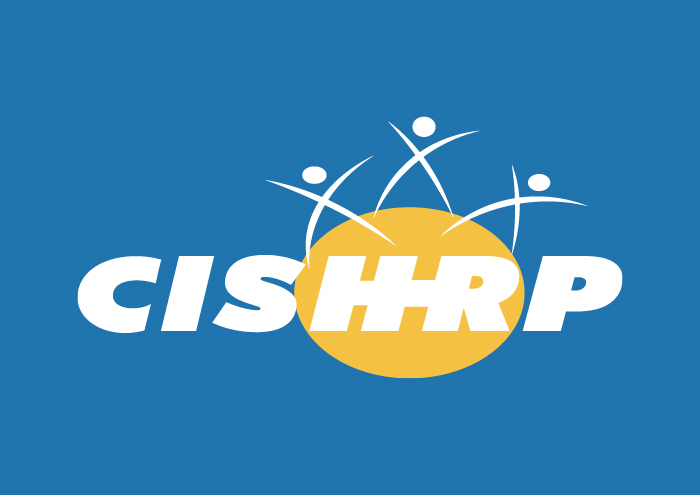If you have read Hannah Jackson’s blog series on burnout, “what is burnout?”, “am I experiencing it?” and “how do I prevent it?”, then you are probably getting good at ensuring you have a healthy mindset. However, even the most balanced individuals with a high awareness of their own mental health and well-being can sometimes struggle, which is where boundaries come in.
You’re never going to find a job that doesn’t come with the risk of burnout. For many people, remote working has resulted in blurred boundaries. It is often unclear where work life ends and home life starts. Our jobs and personal preferences also play a role in designing the proper boundaries.
We’re all busy, and when you are in a new job or training, you can find that you are faced with competing demands and priorities, and the landscape can be unfamiliar and hard to navigate. Identifying, setting and establishing boundaries can help ensure you can maintain balance, deliver on expectations, and be successful.
Nedra Glover Tawwab has a fantastic 6-minute TED talk on setting boundaries at work (you may also want to read her book “Set Boundaries, Find Peace”). Her insights into navigating this are beneficial and straightforward to implement.
“[Boundaries are] the expectations and needs that help us feel safe and comfortable in relationships”. – Nedra Glover Tawwab
Often, work is where we spend a lot of our time, and yet it is also where we have the hardest time setting limits. Setting clear boundaries will help you feel more productive and less stressed and exhausted at work (and we know that stress and exhaustion lead to burnout, so we need to do everything we can to help ourselves avoid that!)
Communicating what works for us is one of the kindest things we can do for ourselves and others. No one can read our minds, and we should not leave others to guess what we need to achieve psychological safety at work. Here are three steps that Nedra Glover Tawwab sets out:
Identifying your boundaries.
The first step is identifying your boundaries. For instance, do you have a hard finish time each day because you have a personal commitment (like a gym class or picking up your kids) to get to? How do you like to be given feedback (in person, in writing)? Are you not available for after-hours drinks but open to going for a walk? Do you answer emails on weekends? These are all examples of where you can identify, set, and communicate a boundary.
Communicating boundaries
The second step is thinking about when and how you will make your statement / communicate your boundaries. Be thoughtful and collaborative in how you do this, and the earlier in a relationship, the more clearly you can communicate, the better. Speaking up and advocating for yourself takes courage, so be brave!
Stick to your boundaries!
The third top tip is that once you set a boundary, you MUST stick to it. If you violate your boundaries, then so will others. So, if you say you are not available after 6 PM, don’t start to chime in on a workgroup chat after 6 PM. If you do, don’t be surprised if people’s expectations of your availability change.
It is hard to set and establish (and maintain) boundaries, but if you do, you will be happier, more productive, more innovative, and less stressed. Boundaries are contagious- once you set them, you will notice others doing the same, and you might just inspire someone else to be courageous and set a boundary that they badly need. Go for it!



